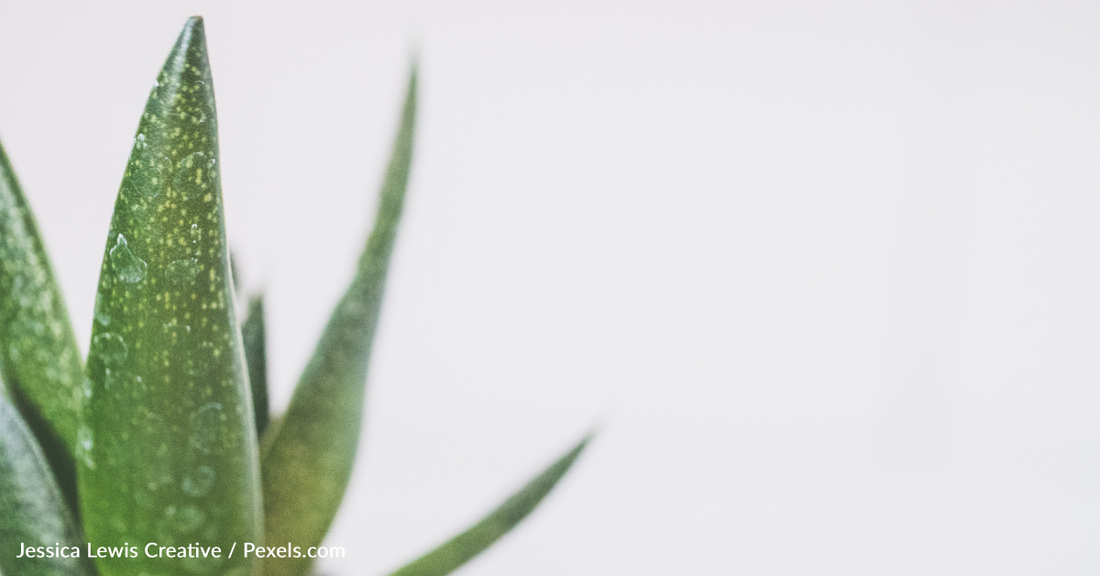Okra And Aloe May Be Key To Removing Microplastics From Water
Timothy Roberts
Many of us are aware of the fact that we are dealing with a dangerous situation when it comes to microplastics. As they continue to build up in the water, they threaten life on several different levels.
Fortunately, scientists have been looking into a way to reverse this situation, and researchers from Tarleton State University in Texas may have the answer. As it turns out, some plants may be able to remove microplastics effectively.
Although many different plant types can be used this way, the researchers found that aloe, cactus, okra, and psyllium are the most effective, according to a press release. The removal process typically takes place in two steps.
If the microplastics are floating on the top, they are skimmed from the surface. That removes some microplastics, but most are under the water. They require a sticky chemical to attract the microplastics so they form into larger chunks.
According to the press release, Dr. Srinivasan, a research professor of chemistry, said it doesn't help when we clean up the water but introduce toxic substances in the process.
Dr. Srinivasan would like to propose a better solution that is cleaner and non-toxic. In order to do so, they used fenugreek, cactus, aloe vera, okra, tamarind, and psyllium and extracted polysaccharides, which could help to capture microplastics.
Some of the polysaccharides turned out to be very sticky, and they would allow the microplastics to stick together in larger clumps. This included the polysaccharides from okra. Compared with fenugreek, they work very well.
 Photo: Pexels/Cassidy Marshall
Photo: Pexels/Cassidy Marshall
Polysaccharides based on plants worked better than other types of polysaccharides. They also worked, depending upon the water source and other extracts that were used.
They can use plant-based flocculents in existing water treatment facilities. These non-toxic materials use the same infrastructure as other treatment methods, according to Dr. Srinivasan.
The doctor went on to say: "We don't have to build something new to incorporate these materials for water treatment purposes."

 Photo:
Photo:  Photo:
Photo: 
